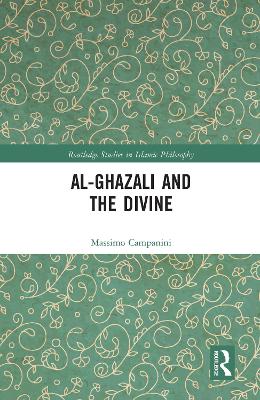Routledge Studies in Islamic Philosophy
2 total works
This book examines the philosophy of al-Ghazali, analysing his conception of God within Islamic theology. Seeking to contribute to the greater understanding of Muslim thought, it analyses his 'orthodox' theory, based on the notion that the spiritual struggle (jihad) and philosophical enquiry are informed by the possession of firm science ('ilm).
Exploring a wide range of Arab texts and Arab primary literature, this book therefore examines a crucial period of Medieval Islamic history, whilst emphasizing the multifarious and by no means monolithic components of the Muslim outlook. In seeking to understand Islamic religion as a creative and progressive heritage, it also demonstrates the moderate and equilibrate character of mainstream Islam, and ultimately argues that al-Ghazali's thought is the best expression of Islamic intellectuality and spirituality.
Taking a theoretical approach, this book will be useful to students and scholars of Islamic philosophy, theology and history.
This book examines the philosophy of al-Ghazali, analysing his conception of God within Islamic theology. Seeking to contribute to the greater understanding of Muslim thought, it analyses his ‘orthodox’ theory, based on the notion that the spiritual struggle (jihad) is informed by the possession of firm science (‘ilm).
Exploring a wide range of Arab texts and Arab primary literature, this book therefore examines a crucial period of Medieval Islamic history, whilst emphasizing the multifarious and by no means monolithic components of the Muslim outlook. In seeking to understand Islamic religion as a creative and progressive heritage, it also demonstrates the moderate and equilibrate character of mainstream Islam, and ultimately argues that al-Ghazali’s thought is the best expression of Islamic intellectuality and spirituality.
Taking a theoretical approach, this book will be useful to students and scholars of Islamic philosophy, theology and history.

